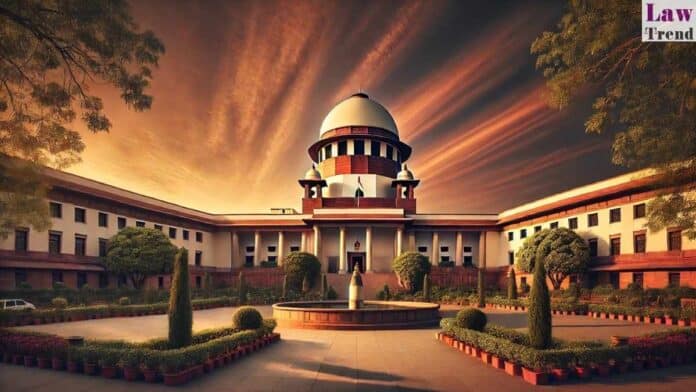In a Constitution Bench ruling delivered on 30 April 2025, the Supreme Court of India in Gayatri Balasamy vs. ISG Novasoft Technologies Limited [Civil Appeal Nos. of 2025 (@ SLP (C) Nos. 15336–15337 of 2021)] held by 4:1 majority that Article 142 of the Constitution may be invoked by the Court to modify an arbitral

To Read More Please Subscribe to VIP Membership for Unlimited Access to All the Articles, Download Available Copies of Judgments/Order, Acess to Central/State Bare Acts, Advertisement Free Content, Access to More than 4000 Legal Drafts( Readymade Editable Formats of Suits, Petitions, Writs, Legal Notices, Divorce Petitions, 138 Notices, Bail Applications etc.) in Hindi and English.
Click to Subscribe
If you are already a VIP Member, Click to Login Now
READ ALSO Dying Declaration Admissible Even if the Declarant Did Not Anticipate Death: Supreme Court




